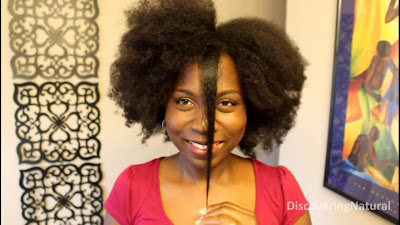Why Cloves Oil Make Your Scalp Itch?
What is Cloves Oil?
Clove oil is an essential oil derived from the dried flower buds of the clove tree (Syzygium aromaticum). It is known for its strong, warm, and spicy aroma, as well as its potential therapeutic properties. Clove oil contains a compound called eugenol, which contributes to its distinct scent and has been studied for its various potential benefits, such as:
1. Antimicrobial Properties: Clove oil has shown antimicrobial properties and is often used in oral care products like toothpaste and mouthwash for its ability to help fight bacteria that cause gum disease and bad breath.
2. Analgesic (Pain-Relieving) Effects: Eugenol in clove oil has been studied for its analgesic properties, which may make it useful for temporary relief from toothache and other types of pain.
3. Anti-Inflammatory: Some research suggests that clove oil may have anti-inflammatory effects, which could potentially benefit conditions involving inflammation.
4. Antioxidant Activity: Eugenol in clove oil has antioxidant properties that could help combat oxidative stress in the body.
5. Digestive Support: Clove oil has been used traditionally to aid digestion and relieve digestive discomfort.
6. Insect Repellent: The strong aroma of clove oil may act as a natural insect repellent.
It's important to note that while clove oil has potential benefits, it is highly concentrated and should be used with caution. Direct application of undiluted clove oil to the skin can cause irritation or allergic reactions. It's recommended to dilute clove oil with a carrier oil (such as coconut oil) before applying it to the skin or scalp.
Clove oil may cause itchiness on the scalp due to its strong concentration of eugenol, a natural compound with potential irritant properties. Some people may be more sensitive to eugenol, leading to an allergic reaction or skin irritation when clove oil comes into contact with their scalp. It's important to perform a patch test before using any essential oil on your skin or scalp to determine if you have any adverse reactions. If you experience persistent itchiness or discomfort, it's best to consult a dermatologist or healthcare professional for guidance.





Comments
Post a Comment